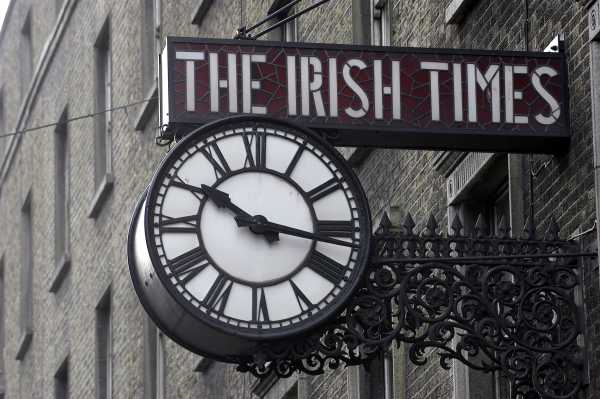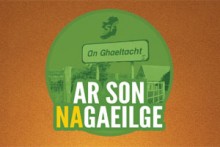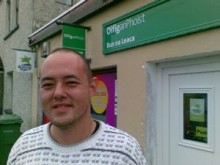1 June 2016
The last Irish-speaking generation or ‘Generation Rejuvenation’?
Peadar Tóibín TD answers The Irish Times opinion piece “Can anyone truthfully say that the Irish language is necessary?”

IN THE IRISH TIMES (Monday 30 May) Rosita Boland asks the question: “Can anyone truthfully say that the Irish language is necessary?” It’s a question that regularly appears in elements of Ireland’s media. It appears much less in my experience among the general public.

In 2015, Millward Brown surveyed 2,000 people on their attitudes to the Irish language. The results show an overwhelmingly positive view towards the Irish language. For example:-
- 72% believe that Irish-medium education should be available to those who wish to avail of it;
- 70% of the population believe that services through the Irish language should be available to those who seek them;
- 61% agree that the state should do more to support the Irish language.
The question posed by Rosita Boland is based on a negative utilitarian premise that unless a language is necessary it no longer has value. The same question could be asked ‘Can anyone truthfully say that language diversity is necessary’ or ‘Can anyone truly say that Yeats or Picasso are necessary?’
Rosita Boland also states: “I do not like having my national identity pinned to a language I never use and cannot speak.” Here we find the resentful motivation for the article. Irish-language activists find this motivation odd.

We live in a state where, at best, the Irish language is suffocated with hollow, meaningless platitudes and at worst is actively drowned by governments refusing status, funding or even to provide services through Irish to Irish-speaking taxpayers. That this resentment would reside with an English-language speaker when English is pervasive and experts state that Irish has only 15 years left as a living language in the Gaeltacht is bizarre.
The question posed is actually a non-question.
No one from the Irish-language community states that an individual’s Irish identity is purely determined on grasp of the language.
However, given that Irish is still the living language of tens of thousands of people, that Irish has been spoken in this country for thousands of years, that most places within the state are only English speaking for four or five generations out of the last 80, that Irish still resonates in our personal names, place names, speech patterns and that its our unique contribution to the diversity of global languages, it’s a nonsense to deny its relevance in our collective identity.
The Irish language has a long history of the highest-quality literature, poetry, music and culture. If we collectively lose the ability to speak it, these cultural jewels become invisible and inaccessible to us all. Irish was the language of light in the European dark ages. Internationally, language is also though not uniquely a marker of identity and independence. The French simply would not be as French if they spoke English. The Italians would not be as Italian if they spoke English.
It was said “Man acts as though he were the shaper and master of language, while in fact language remains the master of man.” Many believe that language is the framework of thought. If so, the relentless push towards English language uniformity that sees the language diversity of our planet corrode reduces not only our identities but our intellectual diversity.

Séamus Ó Fianghusa, an American of Korean and Irish origin, learned Irish in the US in six months from tapes. Only after becoming fluent did he have an opportunity to speak Irish to another Irish speaker. When asked on Irish radio how he could learn the language in six months when thousands of Irish don’t learn it despite 13 years of study, Séamus replied “Motivation”.
Irish is never going to be for every one. It doesn’t have to be, but our individual and collective motivation will be the deciding factor on whether our generation is the last generation to speak our rich and proud tongue or the first generation to see a real rejuvenation. The choice is ours alone.
● Peadar Tóibín is the Sinn Féin TD for Meath West and the party’s spokesperson on Regional Development, Rural Affairs, Arts & the Gaeltacht.

Follow us on Facebook
An Phoblacht on Twitter
Uncomfortable Conversations

An initiative for dialogue
for reconciliation
— — — — — — —
Contributions from key figures in the churches, academia and wider civic society as well as senior republican figures





